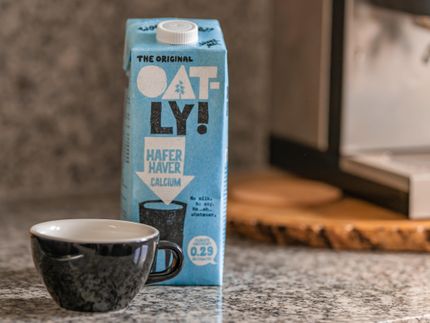WHO calls for more action against harmful trans fats in food
Advertisement
The World Health Organization (WHO) wants to reduce the use of industrially produced trans fats in food as much as possible worldwide by 2023. But due to a lack of legislation, billions of people are still not protected from this "deadly food ingredient", the WHO announced in Geneva on Tuesday.

pixabay
The WHO is calling for legislation with limits on trans fats. The European Union has already acted: There, food may only contain a maximum of two grams of industrially produced trans fats per 100 grams of fat since April 2021.
Those trans fats that occur naturally in animal products such as milk and meat are excluded from the regulation.
Overall, there are now good regulations in a good 40 predominantly rich countries, the WHO said. But regulation is lacking in the poorest countries, it said. Ten of the 15 countries with the highest estimated use of trans fats do not adequately protect their populations. They include Egypt, Mexico, South Korea and Australia.
Trans fats are unsaturated fatty acids produced during the industrial partial hydrogenation of vegetable oils. They are often found in baked goods and confectionery as well as in margarine or deep-frying fat.
If you eat a lot of them, you increase the "bad" LDL cholesterol in your blood and lower the "good" HDL cholesterol. This increases the risk of cardiovascular disease. Eliminating trans fats could save lives, WHO says.
WHO chief Tedros Adhanom Ghebreyesus called for more efforts by governments. "It is within our reach to eliminate for the first time a risk factor for non-communicable diseases worldwide," he said. "All countries must act now to protect their populations from this harmful and unnecessary food additive."/oe/DP/mis (dpa)
Note: This article has been translated using a computer system without human intervention. LUMITOS offers these automatic translations to present a wider range of current news. Since this article has been translated with automatic translation, it is possible that it contains errors in vocabulary, syntax or grammar. The original article in German can be found here.






























































